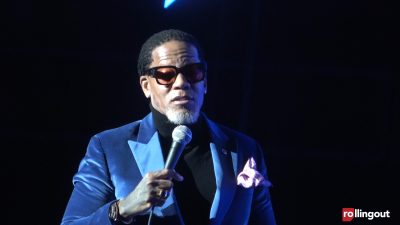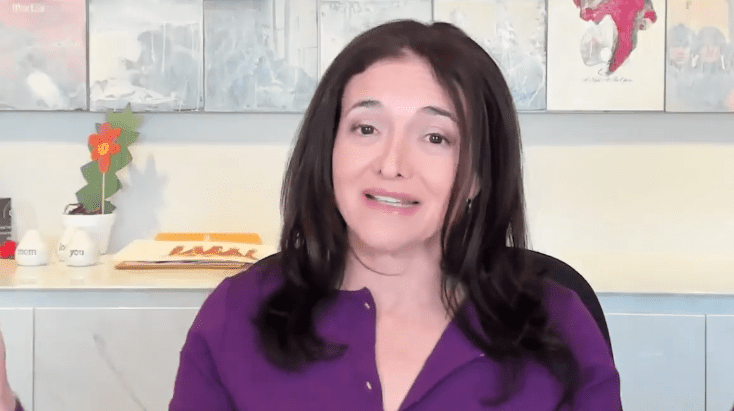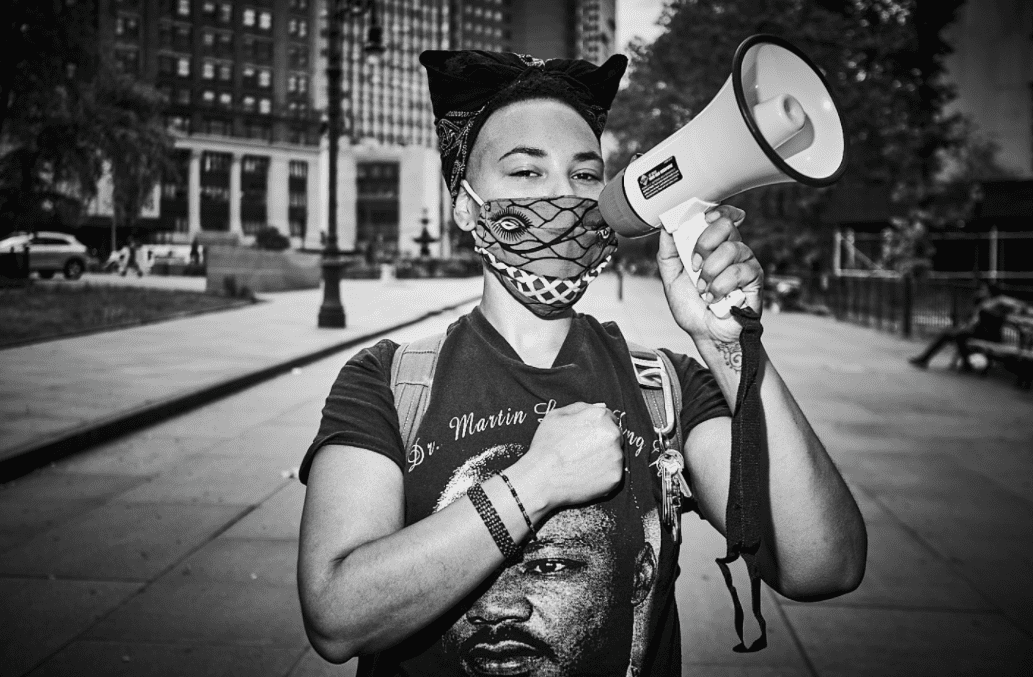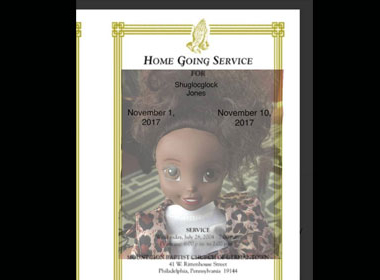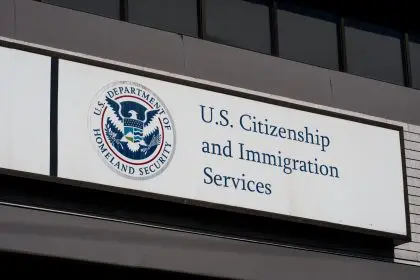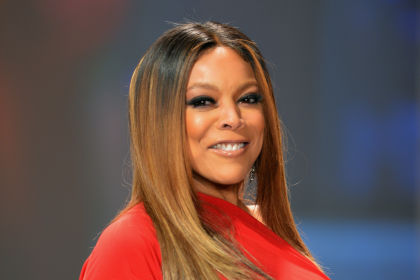With people around the world protesting police brutality in the wake of a Ferguson grand jury decision not to indict Officer Darren Wilson in the August killing of teenager Mike Brown, scrutiny and outrage at the police has reached a fever-pitch. In the midst of that strained atmosphere, an evocative photo has surfaced and gone viral via social media. The image, taken at a protest in Portland, is of a young black boy holding a “Free Hugs” sign; tearfully embraced by a police officer in riot gear. The photo is powerful, and people have been commenting on it ever since it surfaced earlier this week. But as the picture tugs at our collective heartstrings, it’s very important to be mindful of a hard truth:
Sentimentality can be used as a silencing tactic.
There are those who are sharing this photo and reporting on this photo (and others like it) for the purposes of promoting the sort of “Can’t we all just get along” rhetorical idealism that derails many necessary social movements. That officer hugging that black child may evoke emotions, but it shouldn’t resonate deeper into our national consciousness than that video of an officer gunning down a different black child — Tamir Rice, a 12-year old in Cleveland who was murdered by cops last week after they were called to the scene by witnesses who saw him playing with a toy gun. If that picture moved you more than that video, I have to believe you are more interested in “peace” than justice. And that is unacceptable in times such as these.
Whenever race-related issues are at the forefront of the national conversation, we must resist the urge to rely on sentimentality and “peacenik” platitudes to give us any semblance of solace. Because any peace of mind they offer is hollow and superficial. Progress is hard, it requires tough actions and tough conversations. You will be uncomfortable. It is necessary for you to be. No one who was satisfied and comfortable ever changed a society, and we can’t hug our way out of this.
Don’t allow sentiment pimps to silence justifiable outrage. There is an undercurrent of “Calm down, people” attached to many of the tweets and posts shared along with that now-infamous photo; a sense of wanting the country to go back to “normal.” But “normal” is oppression, and if you are the oppressed, you can’t pine for us to return to that. The “good ole days” never existed.
New Orleans Saints tight end Benjamin Watson also added his two cents to the conversation regarding the current unrest around the country. Posting on Facebook about Ferguson, Watson opined that he was “frustrated” because “pop culture, music and movies glorify these types of police citizen altercations and promote an invincible attitude that continues to get young men killed in real life, away from safety movie sets and music studios.” He added that he was also “embarrassed because the looting, violent protests, and law breaking only confirm, and in the minds of many, validate, the stereotypes and thus the inferior treatment.”
Finally, Watson wrote that “ultimately the problem is not a SKIN problem, it is a SIN problem. SIN is the reason we rebel against authority. SIN is the reason we abuse our authority. SIN is the reason we are racist, prejudiced and lie to cover for our own. SIN is the reason we riot, loot and burn.” He closed by saying that the “cure” for issues such as the murders of Mike Brown, Trayvon Martin, etc. is not education, but “gospel.”
Watson’s post became a sensation on Facebook, but it represents another troubling reaction to what is currently happening in our country. He writes about pop culture glorifying altercations with the police while ignoring the fact that there were five unrelated instances of police murdering black people within weeks of Mike Brown’s death. Those instances didn’t involve “macho” behavior and it’s still very questionable whether or not Brown’s did, either. Police officers have been shooting black people and getting away with it for generations. Please don’t con yourself into believing this is new.
His declaration that gospel, not education, is the answer is just foolish and dangerous. A practical Christian (or anyone who considers themselves devoutly religious) understands that educating oneself is paramount in addressing what your community faces; you can’t solely recite scriptures. If anything, the two can work in tandem. But to reduce the problem to a “sin issue,” is to offer no real insight onto what we’re facing. Because all have sinned and all will sin, stating that without acknowledging the specifics of the oppression we face is empty.
And we shouldn’t be embarrassed at black people looting. Our people, and most people who have fought back against oppression, have successfully used both marches and revolts to push this country forward. It may be more “comfortable” to believe that the legislative changes brought forth during the Civil Rights movement only happened because of civil disobedience and The March On Washington; but it would be naive to think that the rage of black people in cities like Detroit and Watts had no affect on the national sense of urgency. The marches became preferable to the powers-that-be because the riots loomed. Again, these things often work in tandem–even the Boston Tea Party was a riot.
Judging from casual conversations, it’s easy to recognize that most Americans have no real clue what racism is. This may seem like a cliche observation to those who study and discuss race issues regularly, but the average citizen seems to still believe that racism only means “doing mean things to someone because they’re of a different ethnic background.” As it pertains to American society, racism is much more insidious, deeply-entrenched and far-reaching. It encompasses far more than individual behavior; it is revealed in much more than our conscious intentions and personal reactions. Underfunded, under-resourced inner city schools, “ghetto loans,” and crack laws are all indicators of racism. A Chick-Fil-A manager “banning” slang that is specifically associated with young black people on the grounds that it is “unprofessional” is latent racism. When a cop’s first instinct is to shoot a black perpetrator, his decision is fueled by both societal conditioning (how many times has he been conditioned to think of black people as threats?) and by his actual police training (are officers encouraged to behave with a certain degree of aggression in black communities, specifically?) So when we make declarations about it “not being about color,” we really undercut our ability to truly address the problem. Yes, it is about color and how a system shapes our perceptions of that color. If we can’t see that, we’ll never be able to dismantle the structures that implement and benefit from that conditioning. White supremacy is the root evil and it is the problem. Being outraged is the first step to us all uprooting it.
Your anger is more than just understandable, it’s absolutely necessary.


